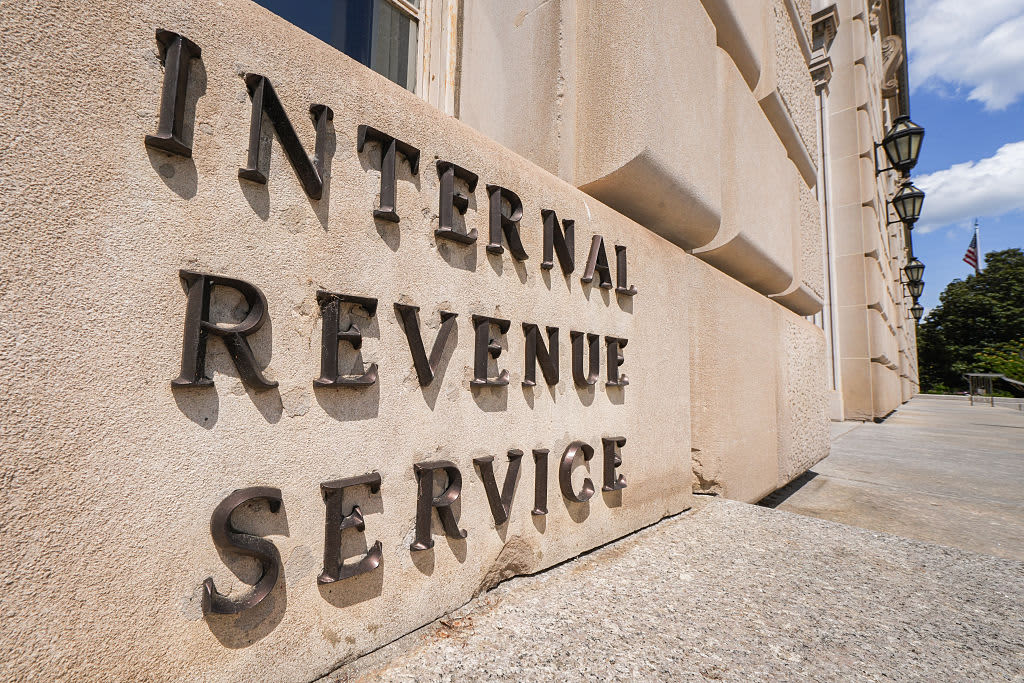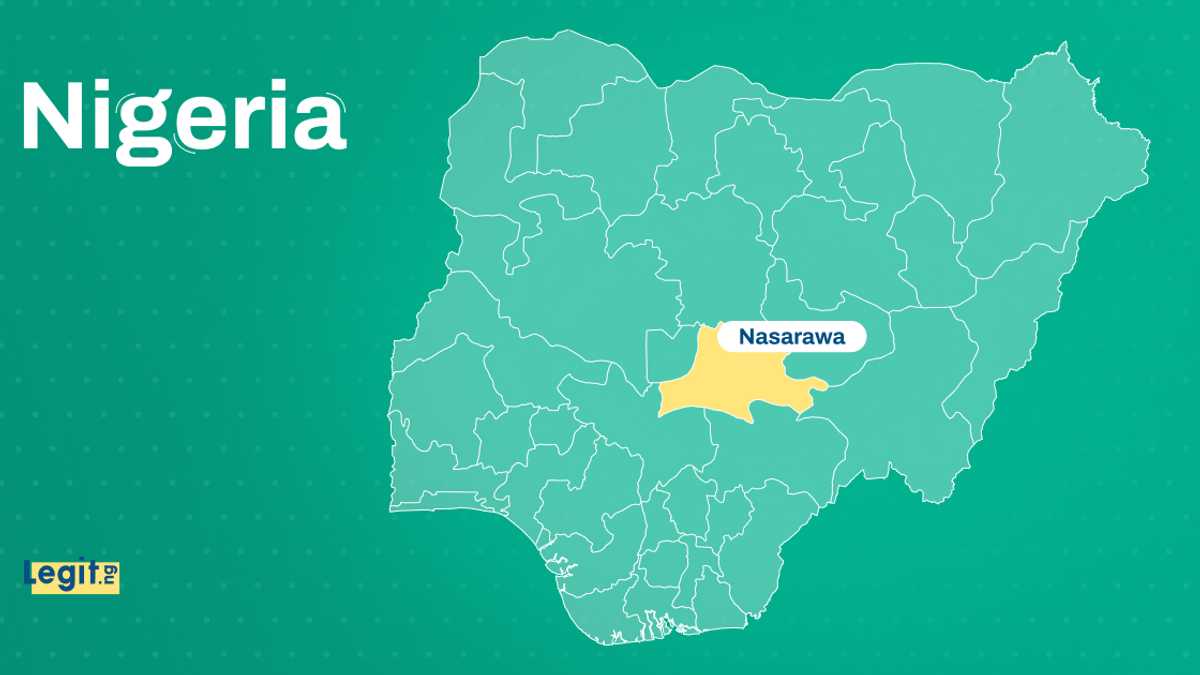By Greg Iacurci
Copyright cnbc

It’s unclear why and to what extent delays are happening.
Some dealers speculated they may be tied to backlogs at the IRS due to reduced staffing and higher volume of EV sales. Others said they think it could be a purposeful move by the Trump administration in an effort to reduce EV sales.
Regardless, the roadblocks come at a bad time, dealers and analysts said.
Republicans ended the EV tax credit after Sept. 30 as part of the so-called “big beautiful bill” passed in July. The tax break was supposed to last through 2032.
Consumers have rushed to buy EVs before the tax break disappears, to secure the cars at a discounted price.
That helped push new and used EV sales to record highs in August, according to Cox Automotive data. September was expected to be another blockbuster month.
But some dealers have pulled back amid the uncertainty, unable to float big sums of cash to consumers.
“I know for a fact there are dealers saying, ‘We’re not doing it anymore. We’re not getting paid,'” Lore said. “Others are saying [to consumers], ‘We’re holding the cars, and you can’t drive the car home until we get paid in full.'”
More from Personal Finance:How EVs and gasoline cars compare on total costClimate change is gentrifying neighborhoodsHere’s how to buy renewable energy from your electric utility
Gary Pretzfeld, co-owner of AutoTrust USA in Miramar, Florida, said the IRS owes him about $80,000 to $90,000 in rebates that he has floated to EV buyers this month.
“There are definitely some dealers who can’t afford to do it this way,” Pretzfeld said.
Car dealerships are a “really cash-intensive business,” and payment delays threaten to tip dealers into a “cash crunch” at a time when they were expecting to sell huge volumes of EVs, said Scott Case, the CEO of Recurrent, an EV market research firm.
“It’s a quiet, festering problem at the worst possible time,” Case said.
The National Independent Automobile Dealers Association, a trade group that represents used car dealers, is aware of the issue, said spokesperson Richard Greene.
“The dealers and NIADA have engaged the IRS,” Greene said in an e-mail. “NIADA hopes the payments are processed by the IRS before the program’s expiration.”
Amy Hunter Wright, a spokesperson for the National Automobile Dealers Association, a trade group, also said some members had experienced delays.
“Anecdotally, we have heard some dealers report that recent submissions have been placed in pending status since last week,” she wrote in an e-mailed statement. “NADA has been and continues to work with the IRS and the Department of Treasury regarding the portal and they have been cooperative.”



